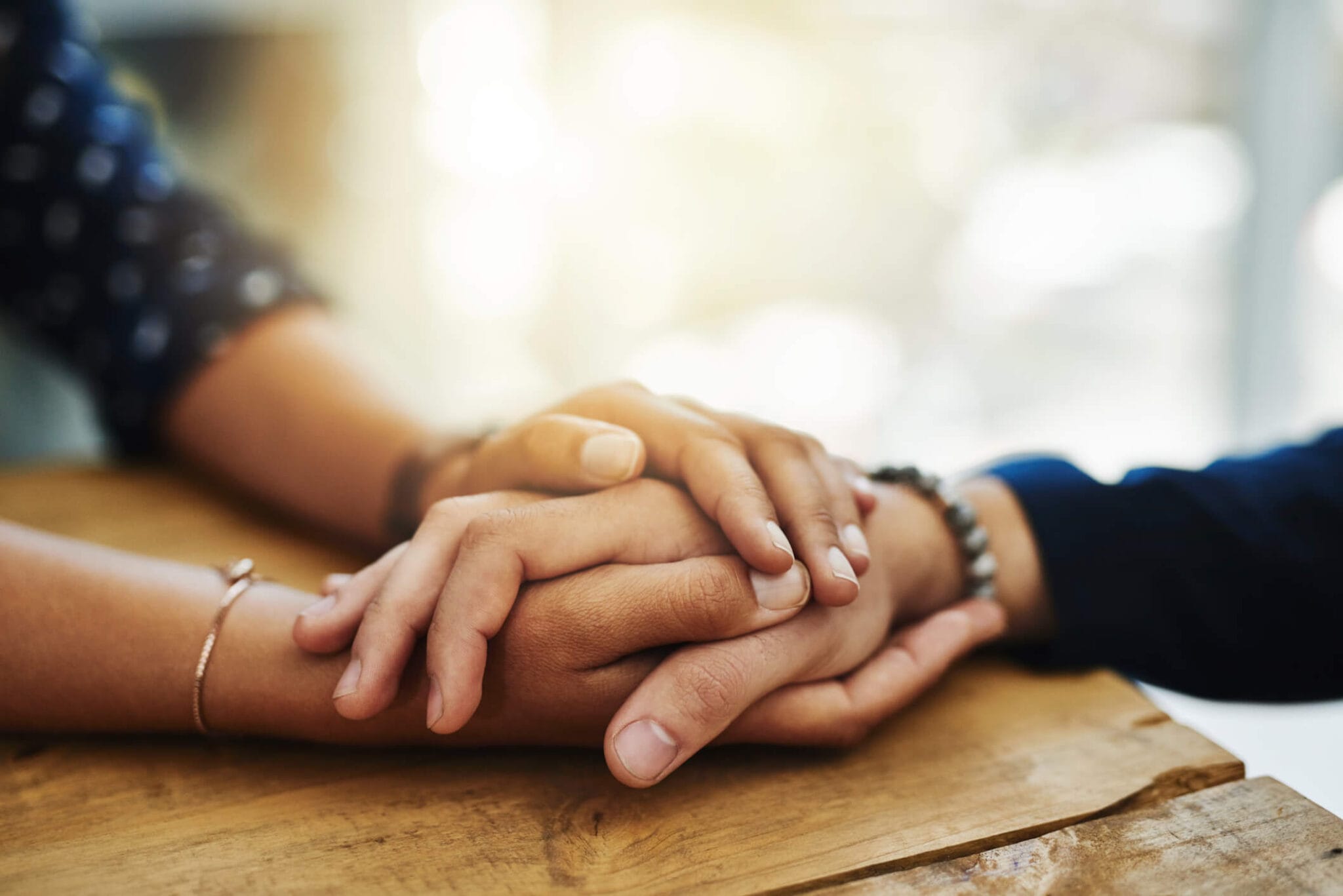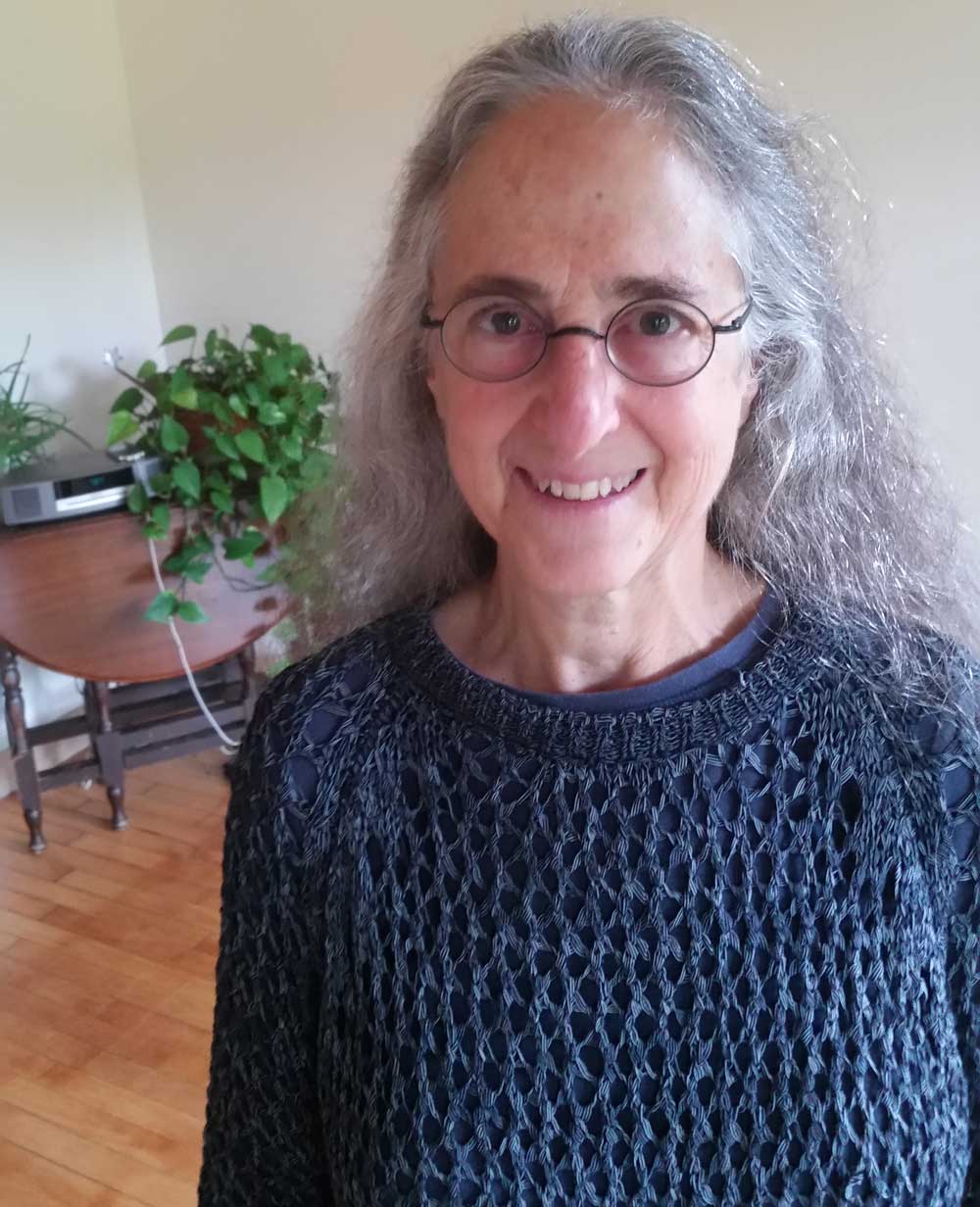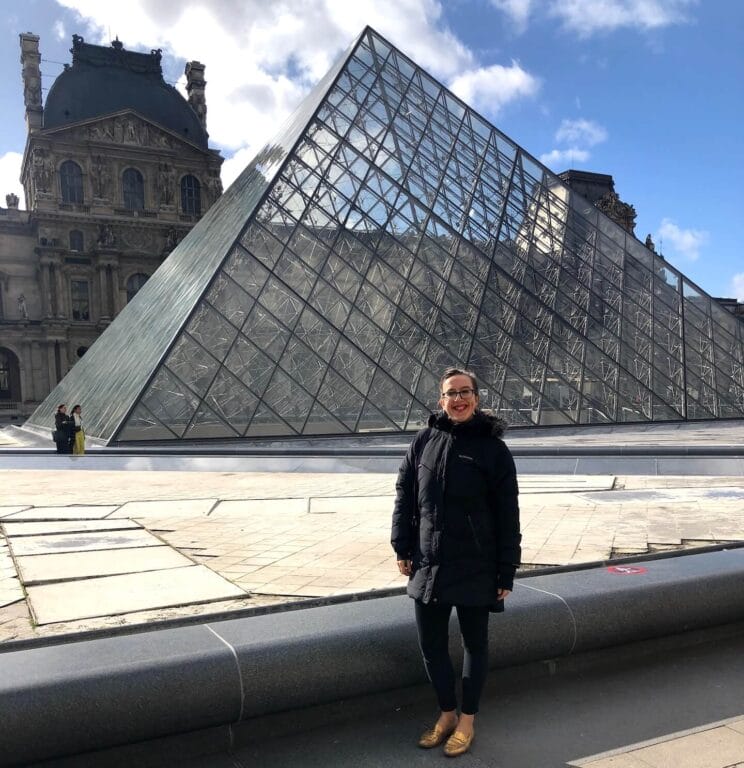
Grief Support Specialist Certificate gives therapist tools to lead a community healing effort
A licensed marriage and family therapist, Karen Kaufman deals with grief on a daily basis in her professional practice. And, she adds, “Personally, I am a child of a Holocaust survivor, so grief is embedded in my family and cultural experience.”
Since volunteering with and working for hospice about 10 years ago, Kaufman has been interested in deepening her understanding of grief. She did just that through the UW–Madison Grief Support Specialist Certificate program.

Of the many things she learned, Kaufman’s biggest takeaway: “People are hungry for ways to process their grief.”
The Grief Support Specialist Certificate is a uniquely designed, practical educational experience. The program shares knowledge and skills to enhance or create a professional specialty that focuses on counseling people who have suffered a major loss as the result of death, divorce, unemployment, destruction due to drug abuse, or other traumatic personal devastation. Instructors are renowned experts who understand the complexity of personal loss.
This year, learners can take an online grief course September 20-November 18 or an in-person program Thursday-Sunday, October 24-27 and Saturday, December 7 at the Pyle Center in Madison.
Community healing
Kaufman took what she learned from the grief program into her hometown of Spooner, Wisc.
“I did not leave the program with any particular intentions, but as the information percolated, I decided to reach out within my very small, rural community,” said Kaufman.
She began meeting with a series of people from hospice, the Aging and Disability Resource Center, county human services and the local hospital to identify unmet needs in the area of grief. Kaufman and her collaborators generated a list of five topics that needed to be addressed:
- Death of a child
- Grief involved in becoming a family caregiver
- Grief of a family caregiver after the death of the cared-for family member
- Grief of becoming disabled
- Grieving professionals (both grieving for clients and being a professional caregiver with your own grief issues)
Kaufman’s agency, Aurora Community Counseling, and Spooner Health, donated time and space to present what became a series of free talks. They’ve hosted four talks over a year and a half at the hospital.
“We have had a different speaker each time,” Kaufman said. “Two of the speakers came under the umbrella of their jobs and two donated their time. Each talk has been very well received.”
The final talk, about professionals, is proposed to happen at Regional Hospice Services’ annual education day in October 2020. Kaufman has also started talking with the hospital about possibly bringing the Hospice Foundation of America’s series of plays about death to her area.
“I would be able to do that because of the credibility established through the talk series,” Kaufman added.
Expert instructors
Kaufman said the benefits members of her community receive through the grief talks are part of the strong legacy of the Grief Support Specialist Certificate program, particularly the course leaders who are renowned experts in the field.
“I thought the instructors were excellent,” she said. “The combination of personal and professional expertise perfectly addressed how grief permeates our lives.”
Kaufman also appreciated insights and participation of the students in her cohort.
“There was a wide range of grief experience represented in the students,” she said. “They were open and compassionate toward each other.”
Kaufman added, “I would recommend this program to others. It was a very thorough and deep exploration of grief. I would think any professional caregiver would benefit.”
Find out more information on the in-person Grief Support Specialist Certificate or online Grief Support Specialist Certificate by contacting Barbara Nehls-Lowe at [email protected] or 608-890-4653.
Published on Sep 03 2019
Last Updated on Jul 10 2024
Categories: Continuing education, Student stories



